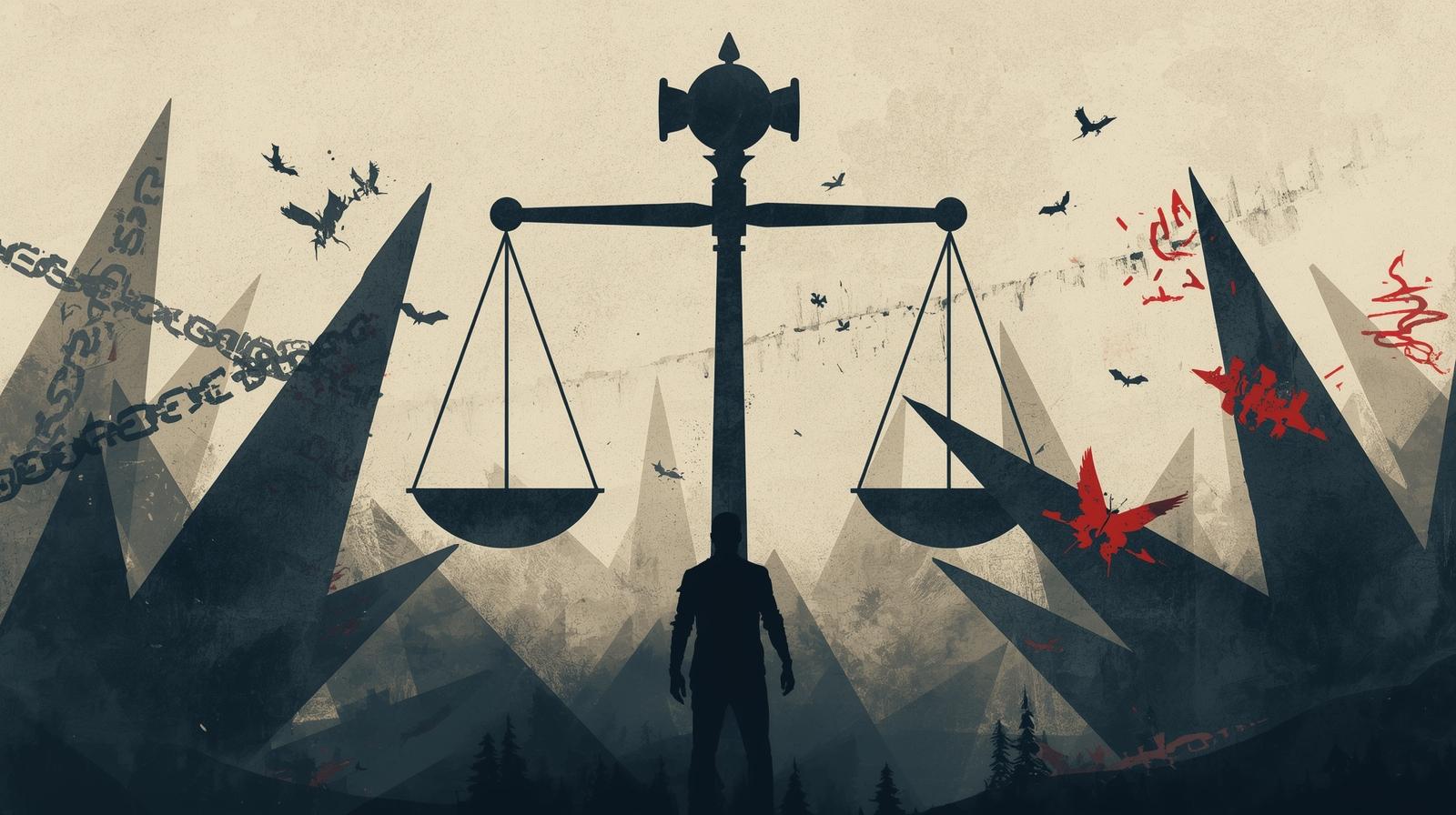While Iran’s nuclear program has been severely damaged, and many of their leaders have been eliminated, neither the Ayatollah regime nor its Islamic Revolutionary Guard Corps (IRGC) has been destroyed or defeated.
For decades, global peace and security have been threatened by the ongoing and relentless commitment of the regime in Tehran to export its revolutionary Islamist ideology. Since its inception in 1979, the regime has carried out violence and terror activities around the world. The regime’s primary instrument for achieving these objectives is the IRGC.
Under international law, the member states of the European Union are obliged to take all necessary measures to prevent terror. This means they must take action to prevent IRGC from operating in Europe (and beyond). The EU listing of the IRGC as a terrorist organization remains one of the more urgent and pressing objectives of the EU Common Foreign and Security Policy (CFSP).
Our 2024 report stated:
There is abundant evidence that the IRGC not only supports proxies and other organizations, but it is also directly “involved in terrorist acts” within the meaning of the EU Common Position. For decades, IRGC has actively participated in or facilitated the commission of acts of terror. These were carried out either directly by IRGC operatives, or through its various branches (including the IRGC Electronic Warfare, Cyber Defense Organization IRGC-EWCD, the IRGC Intelligence Organization IRGC-IO, and the IRGC’s foreign operations branch, the Quds Force IRGC-QF) or in collaboration with other agencies of the Iranian Regime, such as the Iranian Ministry of Intelligence and Security (MOIS).
On 2023, the European Parliament recognized in a resolution that “the Islamic Republic, in particular through the IRGC, engages in large-scale, sophisticated and violent transnational repression activities targeting exiled and diaspora activists, dissidents, independent journalists, and human rights defenders, including on EU soil, as well as threatening and harassing their family members in Iran; whereas the Islamic Republic, both directly and by acting through local proxies, has assassinated diaspora dissidents, kidnapped exiles for abduction to Iran, and plotted bomb attacks in several countries, including EU Member States;”[1]. So, the Strasburg Parliament, recognized that the plots and terrorist attacks targeting these individuals on European soil are unequivocally linked to the IRGC.
Based on a thorough legal analysis, we concluded that the conditions for inclusion of the IRGC on the EU terror list are satisfied. The Council can place IRGC on the list. Further, there is in our view a legal obligation on the Council to place IRGC on the list. A decision not to place IRGC on the list would in fact be a political decision that infringes the obligation of the EU member states to take all necessary action to prevent and suppress terror acts.
This issue has become more important than ever. It is time for the EU to designate IRGC as a terror organization.
Read our report here:
[1] European Parliament resolution of 19 January 2023 on the EU response to the protests and executions in Iran (2023/2511(RSP)), https://www.europarl.europa.eu/doceo/document/TA-9-2023-0016_EN.html



